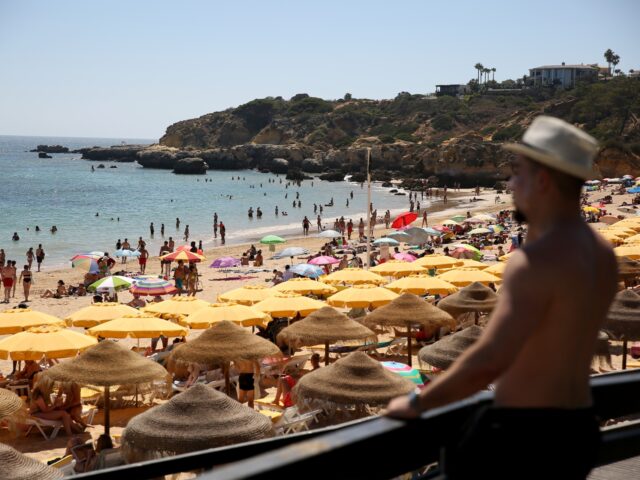The Portuguese government has decided to liberalise its migration rules to allow for more immigrants to come and work in the country, using immigration as a quick fix for gaps in the labour market.
The Portuguese government has relaxed its migration rules to allow migrants to obtain 120-day temporary work visas that can be extended for a further 60 days in order to fill jobs in the tourism and construction sectors as both face staffing shortages.
Part of the law will also allow so-called “digital nomads,” those who work remotely from their computers, to be able to obtain a specific work visa as well, the European Union-funded website InfoMigrants reports.
Digital nomad visas have become increasingly popular in Europe in recent years, with several countries already having programmes, including Croatia, Hungary and Greece, which introduced the digital nomad visa last year, giving post-Brexit Britons visas twice as long as other countries.
Portuguese Minister for Parliamentary Affairs Ana Catarina Mendes commented on the changes to the immigration system saying, “Portugal needs immigrants, [due to its] demographics, economy, and culture.”
Spain: Socialist Govt Wants More Migrant Workers, Illegals Amnesty Despite High Unemployment https://t.co/uE6AyvIKRr
— Breitbart London (@BreitbartLondon) July 30, 2022
The move from Portugal comes after the Spanish government took even more radical measures to fill gaps in the workforce, despite having one of the highest unemployment rates in the European Union.
The Spanish Council of Ministers adopted immigration reforms late last month which will also facilitate the amnesty and regularisation of illegal immigrants who have been living in the country for at least two years.
The new Spanish rules will also make illegals eligible to receive training in certain sectors that are deemed to be facing staffing shortages and have a certain amount of job vacancies.
Much of Europe is facing a long-term demographic crisis that is projected to affect the labour force in the coming years due to workers retiring and decades of low birth rates across the European Union as much of the population growth of many countries is driven by immigration, rather than births.
European Population Growth Continues to Be Driven by Mass Migration https://t.co/cpW8NMvh9y
— Breitbart London (@BreitbartLondon) July 11, 2019
Follow Chris Tomlinson on Twitter at @TomlinsonCJ or email at ctomlinson(at)breitbart.com.

COMMENTS
Please let us know if you're having issues with commenting.